Authors: Space Crew Group MembersSibsankar Palit, Tomas Ducai, Dhanusshya Raghu, and Raluca Papacocea “If people sat outside and looked at the stars each night, I’ll bet they’d live a lot differently…….How so?.......... Well, when you look into infinity, you realise that there are more important things than what people do all day.” Humans are planning to one day build settlements beyond Earth, although it should be noted that, currently, the total number of humans who have ventured beyond Earth (astronauts) is minuscule in comparison to the 8 billion global population. There is still a lot of work to be done. We are still not sure if space travel will be possible for everyone in our respective lifetimes, but in the meantime, there are several cosmic events that we can all witness from this blue dot on which we live. These include eclipses, meteor showers, etc. that occur at specific times, and give us a sense of belonging to the cosmos! So, we should try not to miss these cosmic events if at all possible. There are astronomy clubs and science museums that can be visited, or sometimes we can even view these events online using applications like Stellarium or Youtube, etc. Outreach activities at the Birla Industrial & Technological Museum, Kolkata (BITM, Kolkata)
Images Credit: Rounak Saha & Astronomy Club, BITM, Kolkata, WB, India A few members of the InnovaSpace Space Crew working group have actively engaged in observing two vital cosmic events that took place toward the end of 2022 - the Partial Solar Eclipse (25.10.2022) and Total Lunar Eclipse (08.11.2022). Below are a few snapshots of the recent eclipses. Partially Eclipsed Moon taken on day of Total Lunar Eclipse as shadow of Earth on the Moon faded (08.11.22)
Image credit: Sibsankar Palit
Outreach activities at the Birla Industrial & Technological Museum, Kolkata (BITM, Kolkata)
Image credit: Astronomy Club, BITM, Kolkata, WB, India Below is a snapshot of the real-time positions of the celestial bodies in the sky, observed using the Stellarium Mobile Application It was great witnessing the cosmic event from our planet and sharing the enthusiasm with people with similar interests and a passion for Space and Astronomy. Caution! Solar eclipses should NEVER be viewed directly as this can lead to permanent damage to eyesight. Always take precautions and use appropriate filters or methods to view the solar eclipse. A lunar eclipse, however, is absolutely harmless to the eyes, so it can be viewed directly. Other than solar eclipses, as per the warning above, eclipses in general are absolutely harmless and do not negatively affect human life, so don’t miss these wonderful opportunities to feel connected to the cosmos in which we live. Go outside with friends and family, eat and drink and enjoy these cosmic events from the comfort of our home planet Earth! Want to learn more about Solar and Lunar eclipses? Visit: A comparative study of Solar and Lunar Eclipses (NASA) Acknowledgment: The Space Crew Working Group acknowledges the efforts of Sibsankar Palit (in writing and submissions), Tomas Ducai (in submissions and review), Dhanusshya Raghu (in review), and Raluca Papacocea (in submissions and review). We also extend our gratitude to Dr. Thais Russomano for the opportunity to work on this blog. This blog is promoted and supported by the Space Crew Working Group
Comments are closed.
|
Welcometo the InnovaSpace Knowledge Station Categories
All
|
InnovaSpace Ltd - Registered in England & Wales - No. 11323249
UK Office: 88 Tideslea Path, London, SE280LZ
Privacy Policy I Terms & Conditions
© 2024 InnovaSpace, All Rights Reserved
UK Office: 88 Tideslea Path, London, SE280LZ
Privacy Policy I Terms & Conditions
© 2024 InnovaSpace, All Rights Reserved
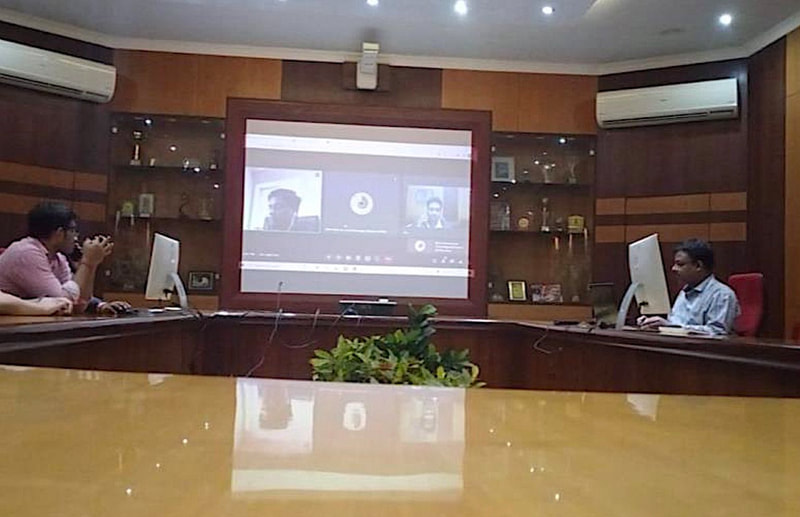
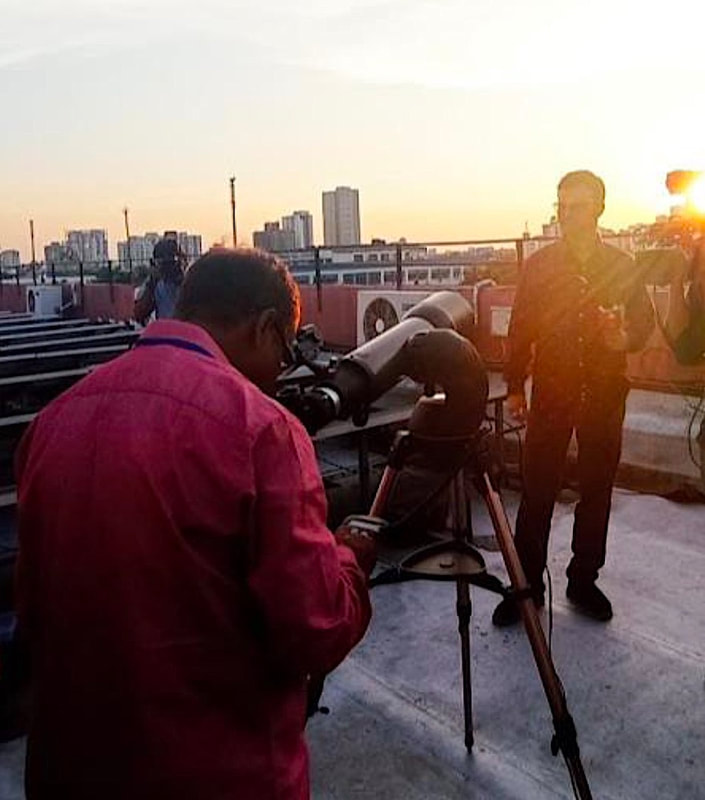
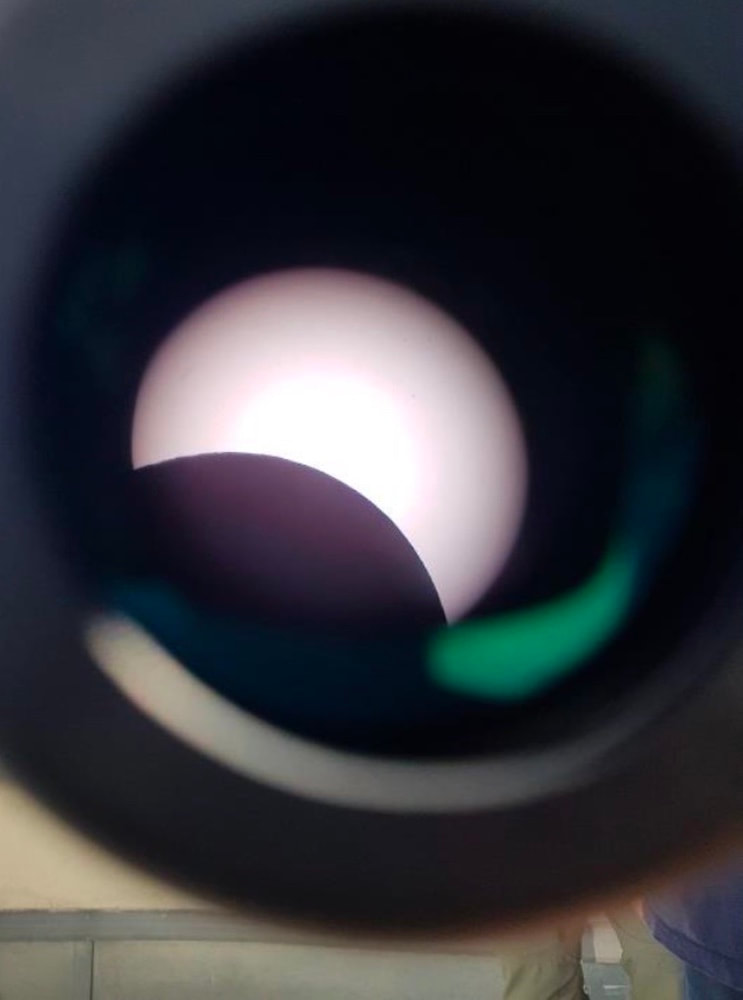
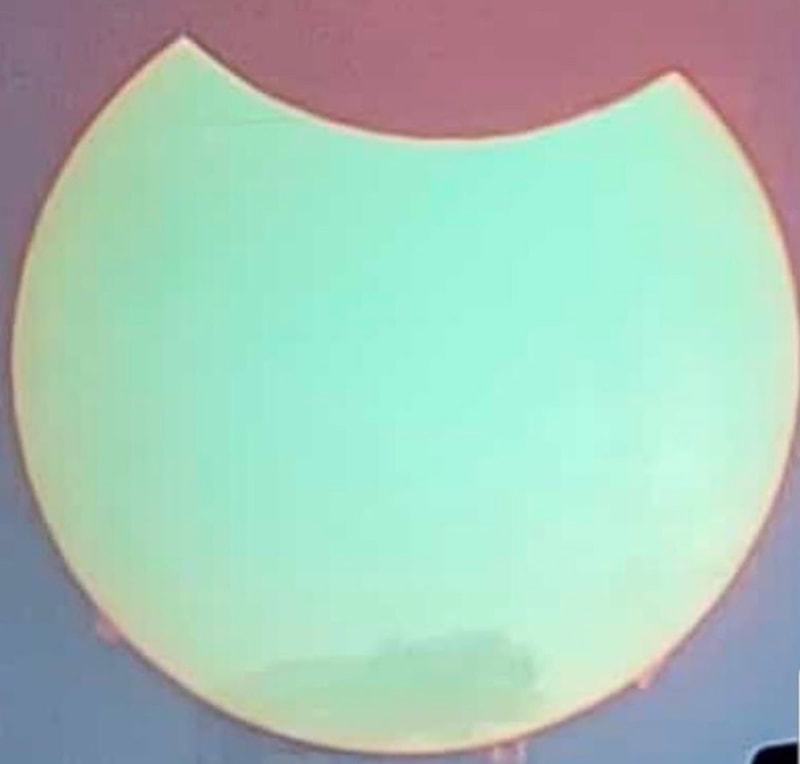
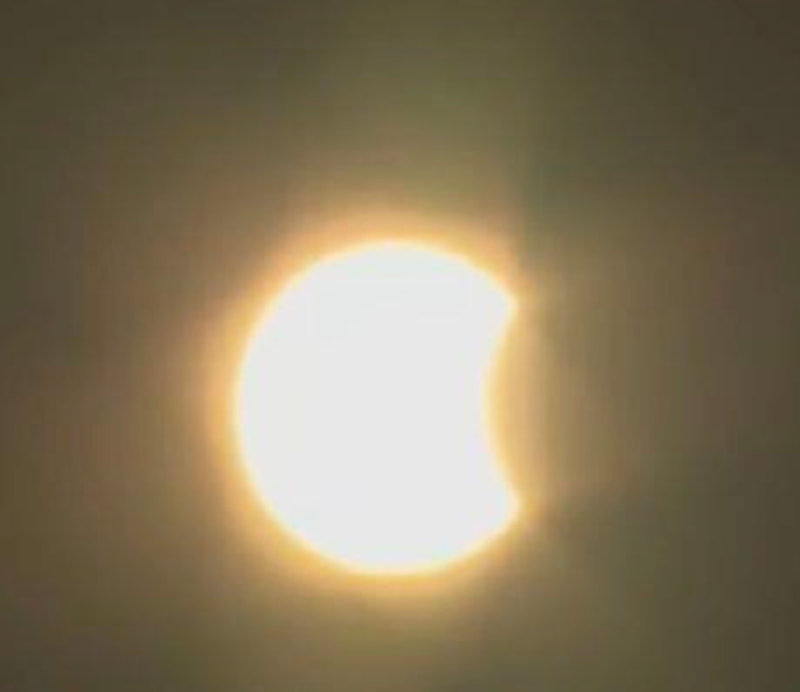
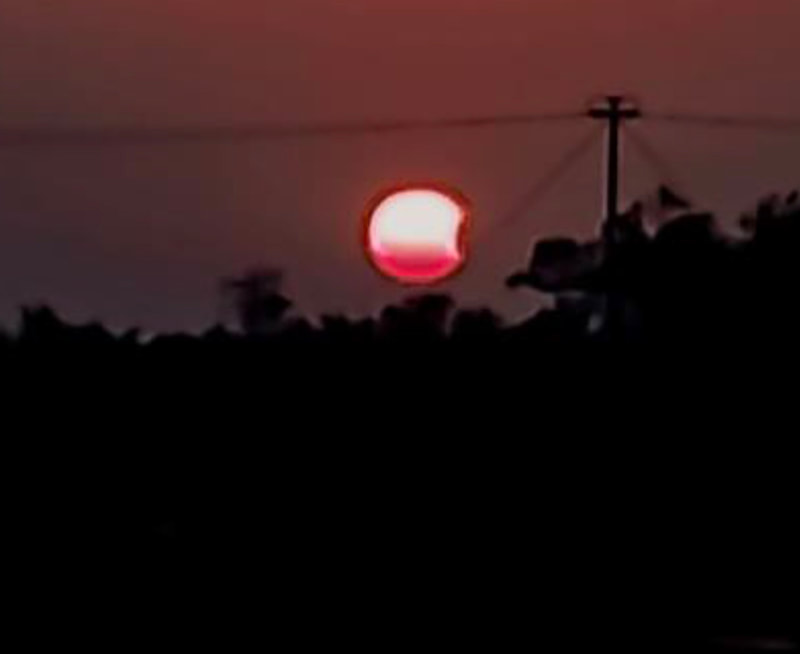
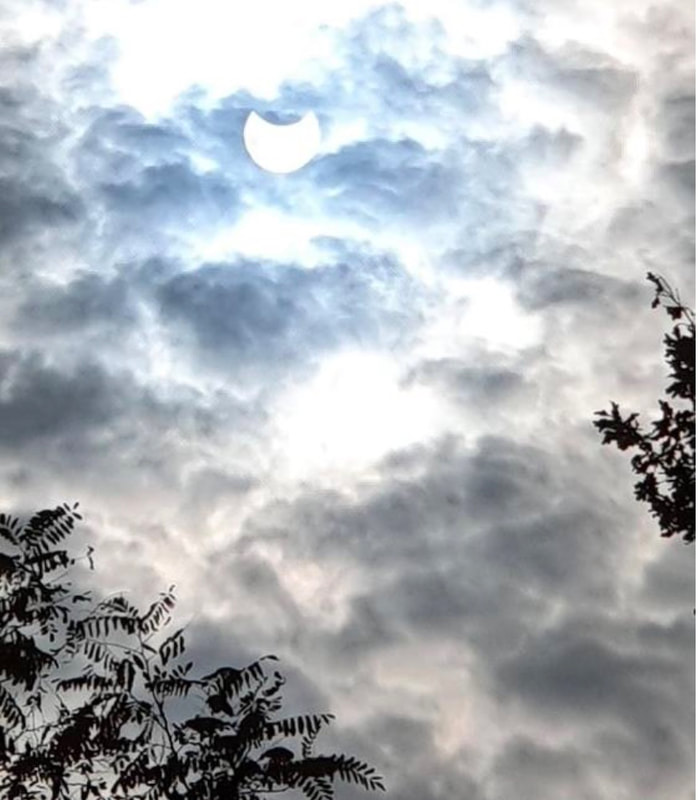
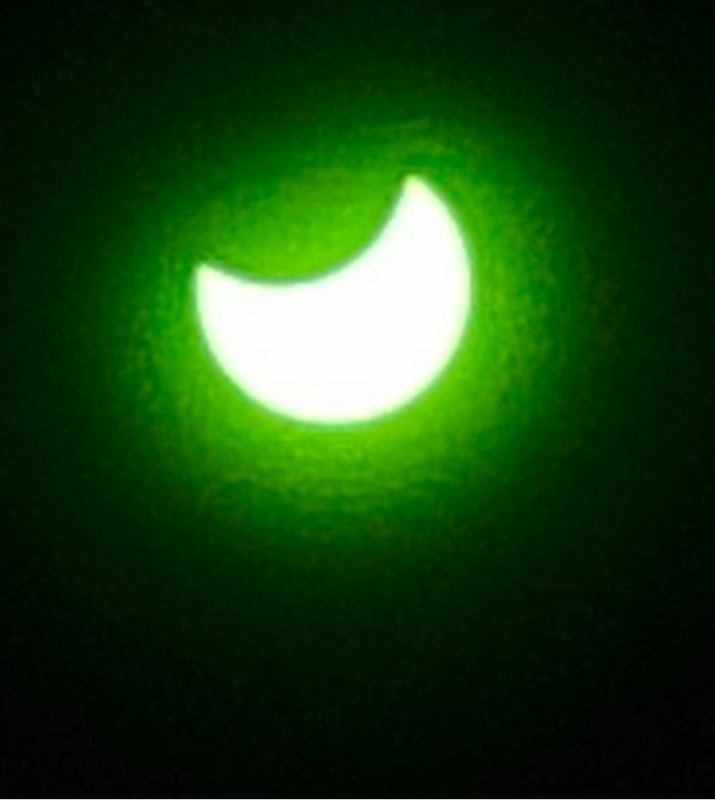
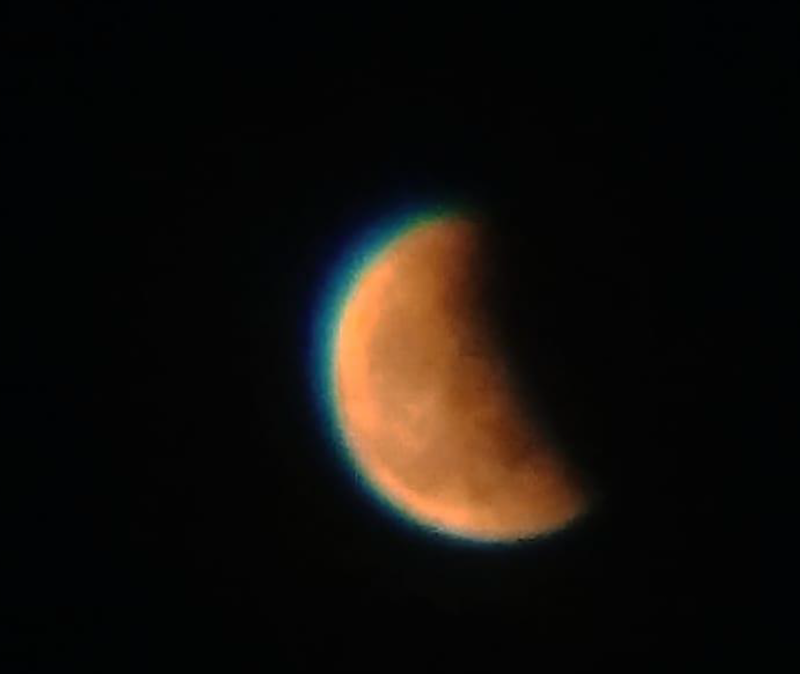
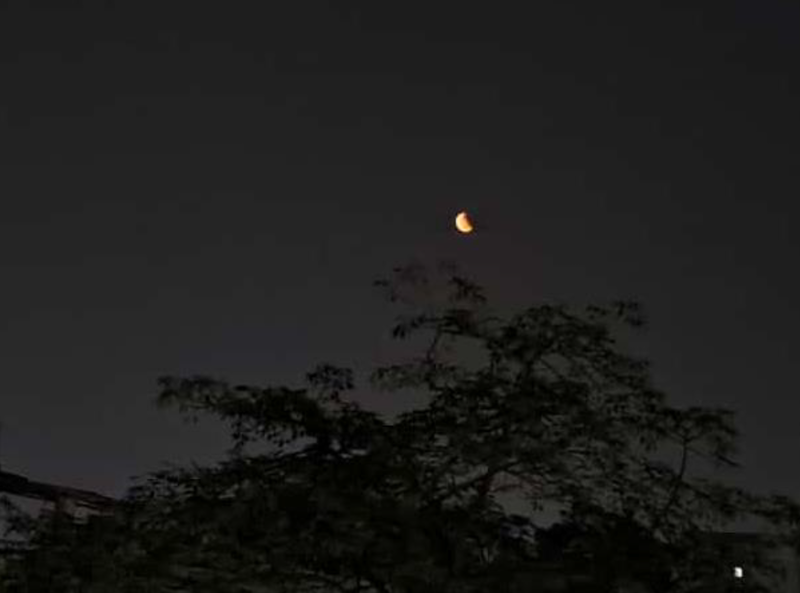
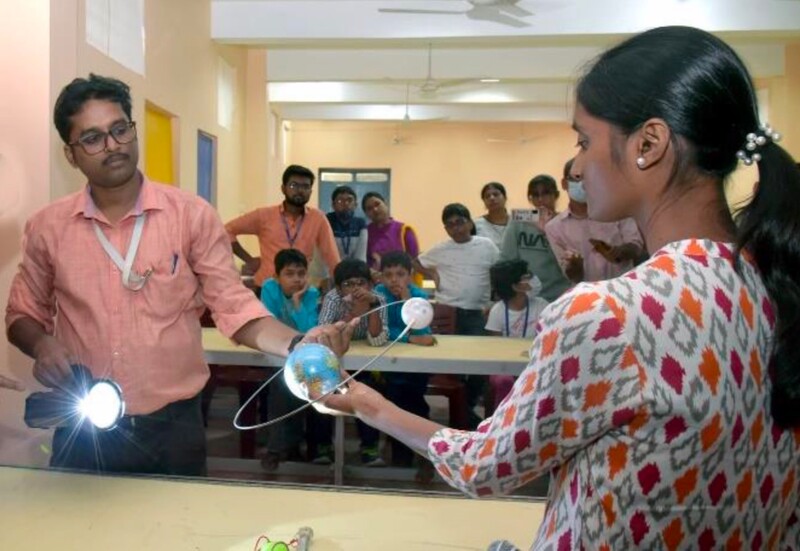
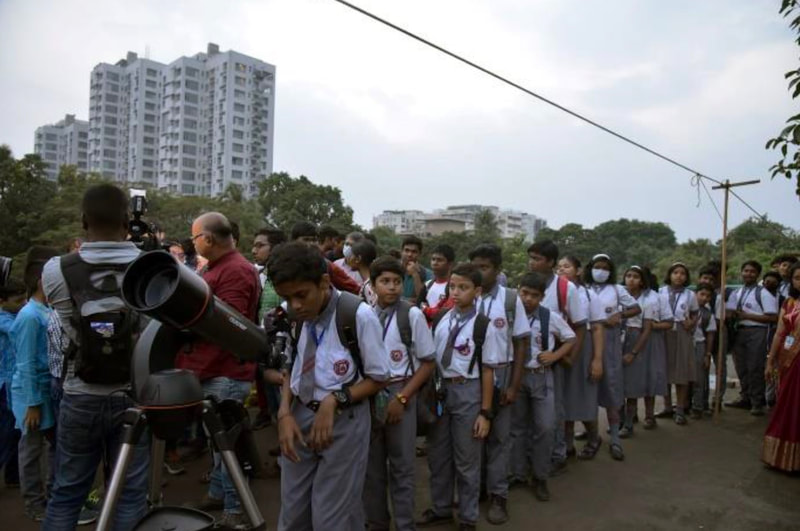
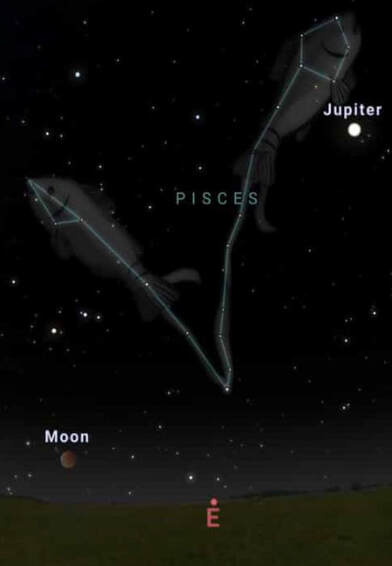

 RSS Feed
RSS Feed